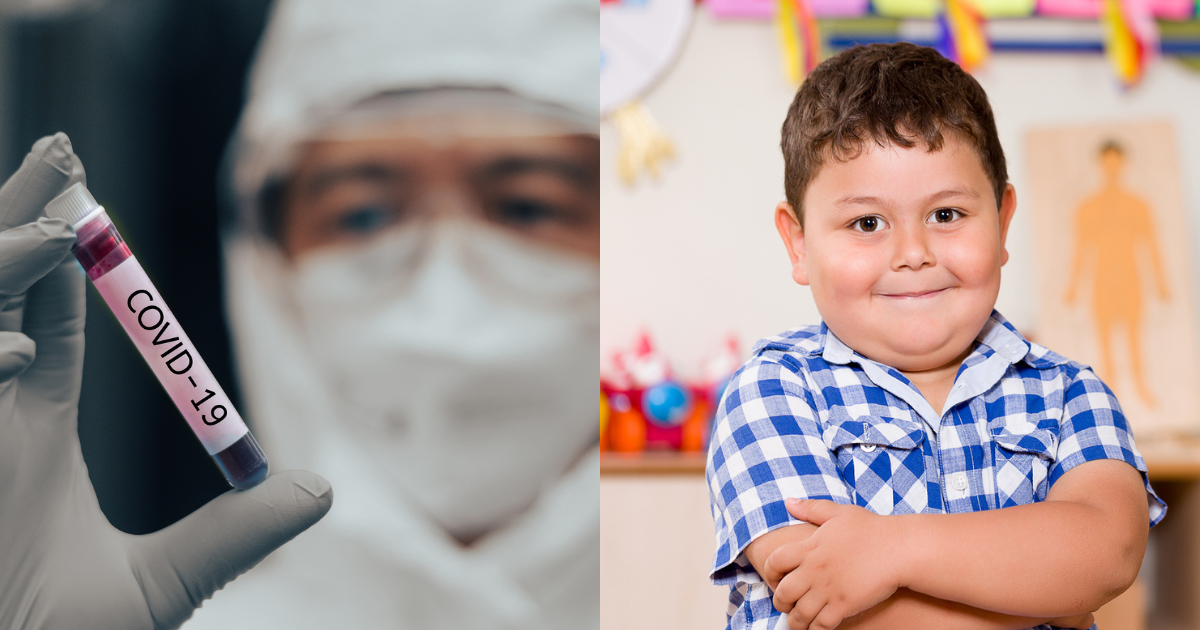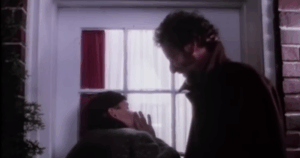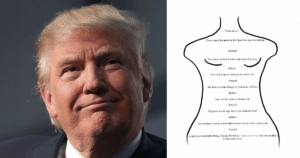The U.S. was woefully unprepared to respond to an infectious disease like COVID-19, and sadly, despite years of living under the pandemic and millions dead, not much has changed. Here are 4 ways our country remains unequipped to handle another pandemic—particularly if a 5 year-old child is put in charge of the C.D.C. due to some sort of legal technicality that no one can do anything about.
- Our overtaxed healthcare system
In 2020, hospitals and healthcare workers were pushed to their absolute breaking point. The cost of care alone was enough to deter people, particularly the uninsured, from seeking treatment. Flash forward to today, when a recent survey revealed that the overwhelming majority of U.S. children between the ages of 4 and 6 have no meaningful understanding of healthcare policy whatsoever. That’s why it’s so terrifying to imagine a scenario in which someone at the C.D.C. misfiles paperwork in such a way that results in a five-year-old child—one who has zero helpful knowledge of our healthcare system, or job experience at all, for that matter—being named Director of the C.D.C. for a full term. What’s worse, between kindergarten and after-school activities, there’s little hope a five-year-old would have the time or attention span to address a nationwide containment response for an infectious disease, thus setting up E.R. workers and the uninsured to bear the brunt of the fallout, all over again.
- Extreme political polarization
Coronavirus only intensified the U.S. political divide. If a five-year-old were put in charge of the C.D.C., it’s all but guaranteed that Republicans and Democrats would point fingers and blame each other for all of that child’s botched work and shoddy leadership instead of working together to figure out how a clerical error got current C.D.C. Director Rochelle Walensky fired and replaced by a prepubescent child whose bedtime is around 9:00 p.m. Sure, Congress could preemptively pass a policy that would prevent anyone under the age of 6 from ever being appointed C.D.C. Director, but sensible legislation like this takes a backseat to political mudslinging and inflammatory rhetoric during the midterm elections. Partisan politics have left us just as vulnerable to another pandemic as we were in 2020, and perhaps more so if someone in the C.D.C’s H.R. department botches their job so badly that a literal child is onboarded as their boss.
- The dwindling U.S. public health budget
In 2004, the C.D.C. budget for public health emergency response programs was $515 million. In 2020, it was just $275 million. Whether that budget increased or decreased tenfold tomorrow, a kindergartener still learning the basics of counting to 10 wouldn’t even begin to understand how to effectively allocate those funds to contain the outbreak of a deadly disease. A child that age would likely be overwhelmed considering any amount of money over $20. And that’s in addition to the stress a child would feel if federal officials rolled up to their elementary school in black vans, pulled them from class, and informed them that, due to a loophole in the fine print of some internal C.D.C. document, they’re now in charge of stopping a deadly, ever-evolving virus from killing hundreds of millions of people.
- The public’s faltering trust in government
According to Pew Research Center, only 24% of Americans say they trust our government, a number that would almost certainly drop to 0% if a five-year-old were leading one of the most important agencies in the Department of Health. Regardless of leadership skills or how professionally the kid conducts themself, the mere appointment of a child as Director of the C.D.C., due to someone making a clerical mistake like checking the wrong box or mixing up a Social Security number or something, would likely be interpreted as a sign of the same government incompetence that our country’s initial COVID-19 response such a mess. The vast majority of Americans have never taken life-or-death guidance from a five-year-old at any point in their lives, and there’s no reason to expect they’ll start doing so during something as scary as a pandemic.









